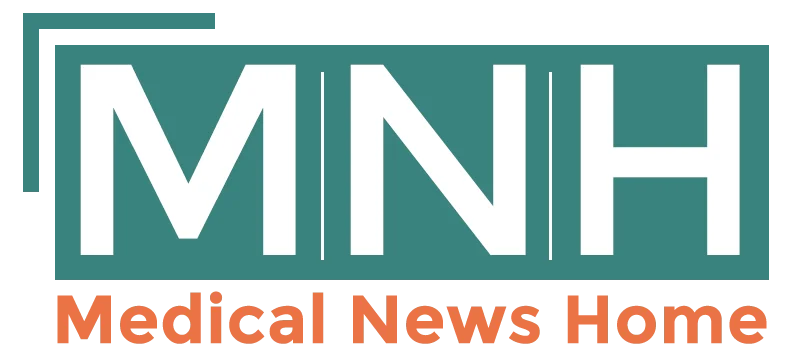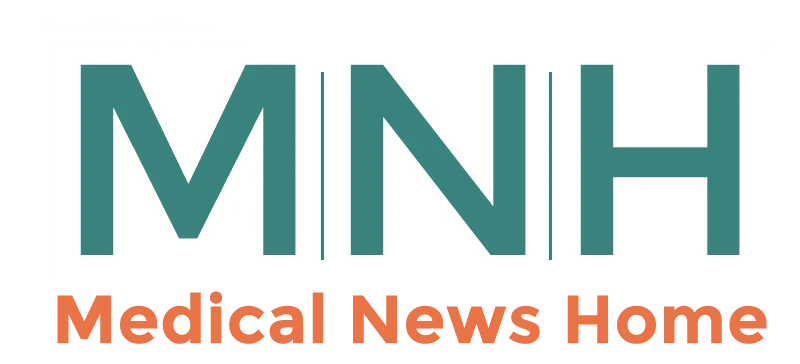Dietary Cholesterol and Heart Diseases
- Updated on: May 6, 2025
- Published on Jan 27, 2020

A few years ago, the United States’ top nutrition advisory panel, the Food and Drug Administration (FDA) had decided to drop its caution about eating cholesterol-rich foods. The move was thought to undo almost 40 years of government and medical warnings about the consumption of foods heavy in cholesterol.
FDA’s finding indicated that cholesterol in the diet need no longer be considered a “nutrient of concern” which is completely in contrast to the committee’s earlier findings. Earlier, the FDA panel had considered excess use of cholesterol in the American diet as a public health concern.
The experts believe that the dangers lie not in products such as eggs, sea-foods, meat, which are high in cholesterol, but in too many servings of these foods that are laden with saturated fats, such as fatty meats, butter etc.
Cholesterol
Cholesterol is a major sterol in animal tissues and has a significant function in the human body. It is also essential for making cell membrane and cell structures and for synthesis of hormones, vitamin D and other substances in the body. According to Harvard Medical School – “Cholesterol has a bad reputation, thanks to its well-known role in promoting heart disease. Excess cholesterol in the bloodstream is a key contributor to artery-clogging plaque, which can accumulate and set the stage for a heart attack. However, the role of cholesterol in your body is not all negative.”
Cholesterol is vital to your overall health and well-being. Although we measure cholesterol production in the blood, but it’s found in every cell of the body. It’s a waxy, whitish-yellow fat and is a building block of cell membranes. Its production is so important for your health that your liver and intestines produce about 80% of the cholesterol you need to stay healthy. Only about 20% comes from the foods you eat as dietary cholesterol.
According to Harvard Special Health Report, if you eat only 200 to 300 milligrams (mg) of cholesterol a day (one egg yolk has about 200 mg), your liver will produce an additional 800 milligrams per day from raw materials such as fat, sugars, and proteins.
Dietary Cholesterol Food Sources
Dietary cholesterol is a main steroid from animal tissues. The main sources of food for dietary cholesterol include:
- egg yolk
- shrimp
- beef
- poultry
- cheese
- butter
According to NHANES data, the top food sources of cholesterol in the American population (2005–2006) are:
- eggs and mixed egg dishes
- chicken
- beef and beef mixed dishes
- regular cheese
There are two main sources that contribute to and make up the liver cholesterol pool. These are – dietary cholesterol, and de novo cholesterol which is synthesized in the liver. The intake of dietary cholesterol is usually associated with an increased consumption of saturated fatty acids which is considered to increase LDL Cholesterol and the risk of cardiovascular or heart diseases.
Eggs are the only dietary source of cholesterol that is low in saturated fatty acid but is also nutrient-dense and affordable. The average large whole egg (50 g) contains only 1.56 g of saturated fat, 1.83 g monounsaturated fat and 0.96 g polyunsaturated fat.
What Does the Recent Research Say?
Cardiovascular disease (CVD) or heart disease is the leading cause of death in the United States. For decades, dietary cholesterol was thought to increase blood cholesterol levels leading to an increased risk of CVD. But till date, no extensive research has shown any significant evidence to support a role of dietary cholesterol in the development of CVD. The 2015–2020 Dietary Guidelines for Americans therefore removed the recommendations of restricting dietary cholesterol to 300 mg/day.
Let’s look at the current research regarding dietary cholesterol intake and CVD or heart diseases.
Guinea pigs are used to study human lipoprotein metabolism because they are LDL animals. They carry cholesterol in the LDL fraction, and they have Cholesteryl Ester Transfer Protein similar to humans.
A study published in the Journal of ‘Nutrients’ reported a dose-response relationship between intake of dietary cholesterol and plasma LDL cholesterol in guinea pigs. The researchers found a decreased synthesis of endogenous cholesterol when fed 0 dietary cholesterol. Studies conducted in rabbits showed that dietary cholesterol in rabbits induces atherosclerosis.
In mice deficient in Apolipoprotein E, animals fed either a control diet or a diet containing 0.2 g cholesterol or 0.2 g oxysterol, showed an increase in liver and serum levels but the dietary cholesterol did not promote atherosclerosis and did not significantly accumulate in the aorta.
Human Studies on Heart Disease and Cholesterol Relationship
In late 70s, several research studies showed no relationship between dietary cholesterol (such as egg consumption) and serum cholesterol, that all-cause death, coronary heart disease, or other heart problems such as angina or myocardial infarction.
In a recent study (2018), authors reported that in Guangzhou Biobank Cohort Study, there were no statistical differences in the adjusted hazard ratio in all-cause mortality, mortality from CVD, ischemic heart disease or stroke and high consumption VS low consumption of dietary cholesterol.
A meta-analysis study of 17 randomized control trial studies conducted from 1974 to 1999 revealed that the addition of 100 mg of dietary cholesterol increased the total/HDL cholesterol ratio. On the contrary, in a randomized controlled trial, researchers found that the intake of two eggs per day did not have an adverse effect on heart disease biomarkers compared to the intake of non-fat-based food. There was an increase in both HDL and LDL cholesterol types. Therefore, the LDL/HDL ratio, a marker to high risk of heart disease, remained constant. Thus the net cardiovascular risk or heart problem risk did not increase due to dietary cholesterol.
Conclusions – What Should Your Diet Look Like?
The current research does not support the belief that dietary cholesterol puts you at an increased risk of heart disease if you are a healthy person. However, there is sufficient evidence that saturated fatty acids and trans-fats increase cardiovascular disease risk or heart disease risk.
Since dietary cholesterol is common in foods that are high in saturated fatty acids, this might be the reason why researchers would have considered the hypothesis that dietary cholesterol can cause buildup of fatty plaques in the arteries.
In contrast, eggs are easily available, affordable, and rich in protein and other nutrients and low in saturated fatty acids. The healthy eating pattern can incorporate eggs along with calorie-controlled meals with balanced nutrients and a variety of colorful vegetables and fruits. The research regarding dietary cholesterol and cardiovascular disease in patients diagnosed with diabetes is still inconclusive and warrants further research. These people need to be extra careful about the consumption of foods rich in cholesterol.


